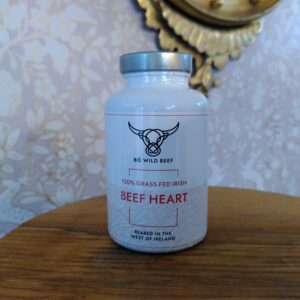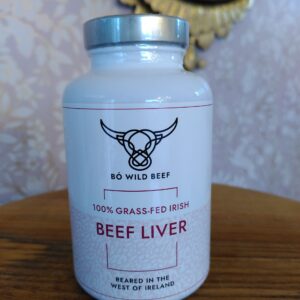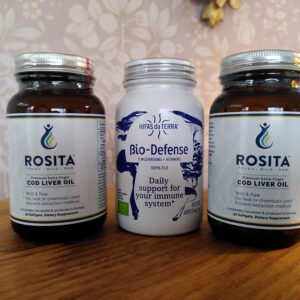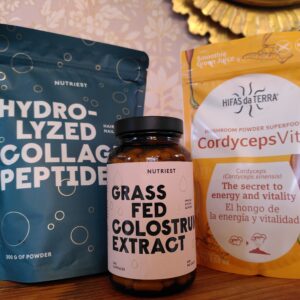I remember being in Rome in the mid-90s with a couple of my cousins. One was living there, and we were staying with her for a week. One midweek evening we went to a bar with some of her Italian friends for a drink. It literally was one drink…after which everyone went home. It was such an alien thing for me, but totally normal for Italians (and many other continental peeps). Their attitude to the consumption of food and drink is moderation; stop when you’ve had enough. Here (and in many countries, particularly English-speaking ones) it’s eat and drink as much as you can anytime you can. I lived in the US in the early 90s, $4 all you can eat buffets were not unusual, in fact I put on 2½ stone the year I was there. I’m not blaming anyone, I am responsible for what I put in my mouth, but it’s not rocket science to see how one way of life is more conducive to health and wellbeing than the other.
So, should we eat everything in moderation? Should we drink everything in moderation? Should we smoke or snort everything in moderation? Obviously not, but there are many substances which contain nutrients which promote health when consumed with a certain amount of restraint. Let’s have a look at some of the beneficial effects of moderate wine consumption.
This Norwegian study found that “Moderate wine consumption was independently associated with better performance on all cognitive tests in both men and women…Alcohol abstention was associated with lower cognitive performance in women…Light‐to‐moderate wine consumption was associated with better performance on cognitive tests after 7 years follow up.” There are strong corelations between reduced risk of Alzheimer’s Disease and dementia with moderate alcohol consumption (moderate consumption being four or more drinks over a two-week period). The authors used the phrase “moderate people do moderate things”. Cultures which have a moderate outlook on foods and beverages generally are healthier and longer lived than those of us who have a binge mentality.
Moderate alcohol consumption was also associated with a lower incidence of depression among 55-80 year olds compared to those who didn’t drink at all or were heavy drinkers “Moderate alcohol intake within the range of 5 to 15 g/day was significantly associated with lower risk of incident depression (HR (95% CI) = 0.72 (0.53 to 0.98) versus abstainers). Specifically, wine consumption in the range of two to seven drinks/week was significantly associated with lower rates of depression (HR (95% CI) = 0.68 (0.47 to 0.98)). Moderate consumption of wine may reduce the incidence of depression, while heavy drinkers seem to be at higher risk.”
This interesting study in Gastroenterology found moderate (again, not excessive) red wine consumption increased bacterial diversity and health in the gut (other alcoholic beverages did not). Discussing why, the authors state the increased gut diversity “may contribute to some but not all of the highly debated health benefits conferred by moderate red wine consumption, such as improvement of cholesterol metabolism or reduced adiposity. This may be related to the high content of polyphenols in red wine, such as anthocyanin, resveratrol, and gallic acid. This was suggested by the weaker association detected with white wine that is similar to red wine in terms of alcohol percentage…but is on average 6–7 times less concentrated in polyphenols.”
I think Giovanni de Gaetano, director of the Research Laboratories at the Catholic University of Campobasso who was part of a team reviewing 34 studies on alcohol consumption and health says it best “The core of this study is not just about alcohol, it is also the way we drink that makes the difference: little amounts, preferably during meals, this appears to be the right way. This is another feature of the Mediterranean diet, where alcohol, wine above all, is the ideal partner of a dinner or lunch, but that’s all: the rest of the day must be absolutely alcohol- free. The message carried by scientific studies like ours is simple: alcohol can be a respectful guest on our table, but it is good just when it goes with a healthy lifestyle, where moderation leads us toward a consumption inspired by quality not by quantity.”
“Everything in moderation” is indeed a common phrase, smile to yourself if you have ever used it to justify eating or drinking something less than nutritious or needful. Is however, “everything in moderation” the right way to approach our food, drink and anything else that may make us feel good for a period of time (no matter how short)? Could it be that using this phrase is really just an excuse to consume something we know is not good for us, and to eat/drink more of it than we need – like that third slice of cake…
So what can we do to change these dodgy habits? Start with one small thing that is manageable, cut sugar out of your tea or coffee; stop picking at food before you sit down to eat; make yourself sit down and eat; turn off your phone (or put it on airplane mode) at a certain time each evening; have a glass of water before giving into a craving. Whatever it is, do something and stick to it. Then start with something else.
The good news is there is one substance you can eat more of which will help you deal with cravings – sea salt. We have a physiological need for salt for so many things: digestion, immune support, cardiovascular health, muscle, joint and bone health as well as weight loss. Increasing the amount of good quality sea salt (sea salt is a good source of iodine which supports the thyroid so I generally recommend that over rock salt) will help moderate severe cravings, hopefully enabling you to gain control over them. 4-5g (a moderately heaped teaspoon) is the WHO RDA of salt, measure it out and see how much more you may need to add to your food.
It is clear from research on many things including wine, coffee, chocolate, exercise, stress and even social media that moderate consumption of or engagement with can produce a beneficial effect. We just need to learn to apply the brakes. As King Solomon said, eat honey because it is good, but only eat as much as you need, otherwise you will get sick (Proverbs 24:13, 25:16).




